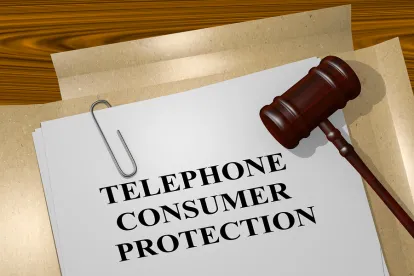In a decision that may have profound importance for TCPA litigation, the Supreme Court announced yesterday that it had granted the petition for writ of certiorari in the case Facebook v. Duguid, where the Court will review the question of what constitutes an autodialer under the TCPA. The Justices will seek to give clarity on the definition of an autodialer and solve the current Circuit split that has substantially impacted the TCPA landscape across the country.
After the DC Circuit’s Opinion in ACA International overturning the definition of an “automatic telephone dialing system” and ordering the FCC to come up with a new definition, the federal courts have been struggling with this issue, leading to contradictory results in different jurisdictions.
The Third, Seventh and Eleventh circuits have adopted a narrow interpretation of the term ATDS, covering only devices that make calls or send text messages to randomly or sequentially generated phone numbers. While the Second and Ninth Circuits have interpreted the term broadly, including not only devices that randomly or sequentially generate numbers, but also those with the capacity to store and automatically dial numbers.
In the petition for writ of certiorari originally filed by Facebook on October 2019, the company challenged the Ninth Circuit’s broad interpretation of the term ATDS, alleging that such interpretation rewrote the express text of the TCPA and could cover any modern smartphone.
Considering the differing interpretations, professional plaintiffs have focused on bringing TCPA lawsuits in favorable jurisdictions, where equipment would more likely be deemed an autodialer. The Supreme Court will now review the contradicting interpretations and determine what the term ATDS actually means under the TCPA. A decision from the Court is not expected until next summer.



 />i
/>i
